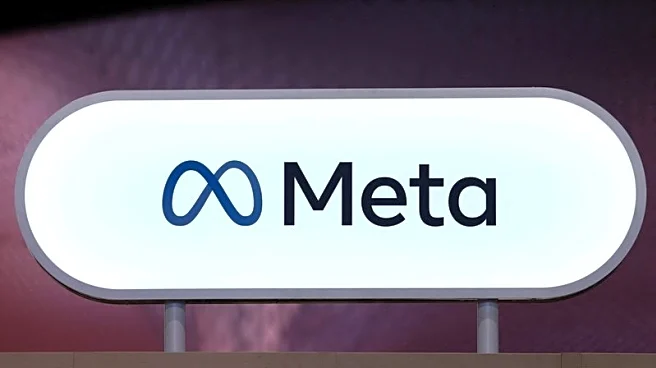What's Happening?
The Oregon House of Representatives faced challenges in reaching a quorum during a special session convened to address transportation funding. The session, called by Governor Tina Kotek, aims to tackle a $350 million budget deficit within the Oregon Department of Transportation and prevent the layoff of 500 workers. Labor unions, including SEIU Local 503 and the Association of Engineering Employees, rallied at the Capitol to urge lawmakers to pass a funding package. However, the session was delayed due to insufficient attendance, with only 35 Democrats and four Republicans present initially. The House eventually met quorum late in the evening, allowing procedural rules to be approved. The session is adjourned until Sunday afternoon. Democrats proposed a revenue-raising package, while Republicans suggested reallocating existing funds from other programs.
Why It's Important?
The special session is crucial for addressing the financial challenges faced by the Oregon Department of Transportation, which could lead to significant job losses and impact infrastructure projects across the state. The disagreement between Democrats and Republicans over funding strategies highlights broader political tensions regarding budget allocations and priorities. The outcome of this session could affect public transit, road safety, and environmental programs, influencing the state's transportation landscape and economic stability. The potential layoffs underscore the urgency of finding a sustainable funding solution to support critical infrastructure and maintain employment within the department.
What's Next?
The Joint Committee on Transportation is expected to meet to discuss proposals once procedural rules are finalized. Any proposal passed by the committee will require further deliberation in both the House and Senate before final votes. Lawmakers may need to negotiate to reach a consensus on funding strategies, balancing immediate needs with long-term transportation goals. The session's outcome could prompt reactions from labor unions, environmental groups, and local governments, depending on the impact on various programs and projects.











